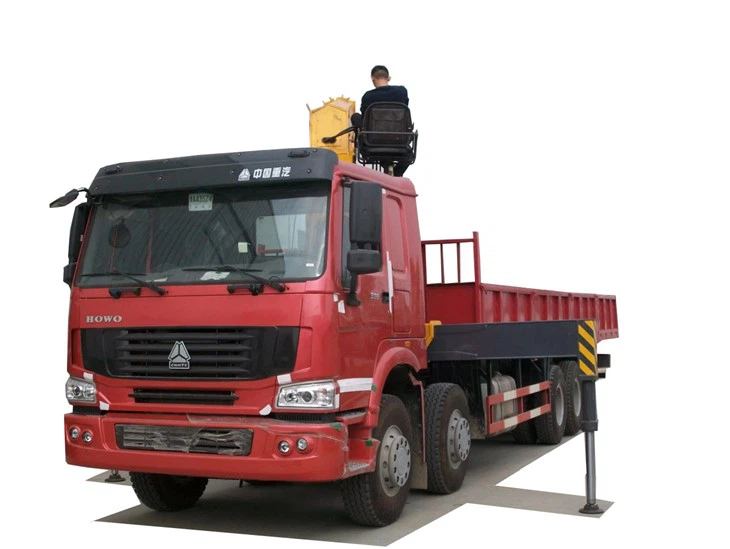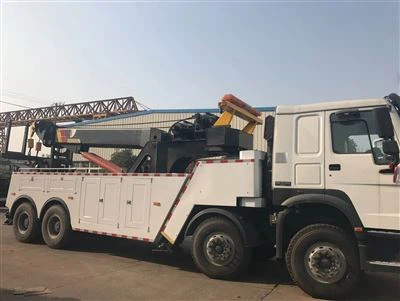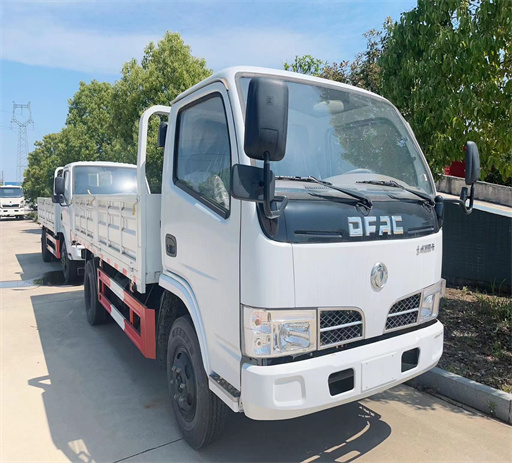Understanding Pickup Truck Cabs: A Comprehensive Guide

Introduction to Pickup Truck Cabs
Pickup trucks are a versatile solution for both work and leisure, and the cab is an essential component of their overall design. Understanding the different types of pickup truck cabs, their features, and how they suit various needs can greatly influence your buying decision. In this guide, we will explore the different cab configurations, their benefits, practical tips for buyers, and much more.
Types of Pickup Truck Cabs
Pickup trucks come in various cab styles, each designed for specific needs. Let’s delve into the most common types:
1. Regular Cab
A regular cab is the most basic configuration, featuring two doors and seating for two to three passengers. It’s ideal for those who need a work truck without the extra weight of additional passenger space.
Pros of Regular Cab
- Better towing capacity due to reduced weight
- More economical choice
- Easy access to the bed
Cons of Regular Cab
- Limited passenger space
- Not suitable for families
2. Extended Cab
The extended cab features two front doors and two smaller rear doors, allowing additional passengers. This configuration is great for those who occasionally need extra seating without compromising too much on cargo space.
Pros of Extended Cab
- More seating capacity
- Better family vehicle option
Cons of Extended Cab
- Less legroom in the back seats
- Reduced cargo space compared to regular cab

3. Crew Cab
The crew cab is the most spacious configuration, offering four full doors and ample seating for five or six passengers. This cab style is perfect for families or those requiring both hauling capability and passenger comfort.
Pros of Crew Cab
- Maximum passenger space
- Versatile for family and cargo transport
Cons of Crew Cab
- Increased weight can limit towing capacity
- Generally higher purchase price
Choosing the Right Pickup Truck Cab for Your Needs
When selecting a pickup truck cab, consider the following factors to find the best fit for your personal or professional needs:
1. Passenger Capacity
Assess how many passengers you typically transport. If it’s just you or a work crew, a regular cab might suffice. Families should opt for a crew cab for the extra space.
2. Cargo Requirements
Determine how much cargo space you’ll need. Regular and extended cabs offer more bed space, while crew cabs sacrifice some cargo area but provide extensive passenger space.
3. Purpose of Use
Consider what you’ll primarily use the truck for. If towing or hauling heavy loads is your main focus, a regular cab might be more suitable. For family outings or mixed uses, a crew cab is more versatile.
4. Budget
Pricing can vary significantly between different cab styles. Crew cabs typically cost more than regular cabs due to additional features and space. Evaluate your budget against your needs.
Practical Tips for Buyers
1. Test Drive
Always test-drive a pickup truck before buying. Pay attention to visibility, comfort, and ease of access to the back seats. Make sure the cab configuration meets your daily driving needs.
2. Research Local Regulations
Some areas have specific regulations regarding the size and weight of vehicles, especially if you’re planning to use the truck for commercial purposes. Check local laws to ensure compliance.
3. Evaluate Additional Features
Consider optional features like technology packages that include infotainment systems, safety features, and storage solutions. These can be deciding factors when comparing models.
4. Consider Resale Value
Pickup trucks generally have high resale values, but certain cab styles and configurations may hold their value better. Research market trends and resale values for the models you’re considering.
Popular Pickup Truck Cab Models
Here are some of the popular models across the different cab styles:

| Model | Cab Style | Seating Capacity |
|---|---|---|
| Ford F-150 | Regular, Extended, Crew | 2-6 |
| Chevrolet Silverado | Regular, Extended, Crew | 2-6 |
| Ram 1500 | Regular, Crew | 2-6 |
| Toyota Tundra | Regular, Crew | 2-5 |
Customization and Aftermarket Options
Many truck owners choose to customize their vehicles after purchase. Popular modifications include:
1. Bed Liners
Protect your truck bed from scratches and dents with spray-on or drop-in liners. This is especially advisable for those using their truck for heavy hauling.
2. Tonneau Covers
These covers improve aerodynamics, protect cargo, and enhance security. They come in many styles, including hard and soft options.
3. Off-Road Conversions
If you plan to venture off the beaten path, consider lift kits, larger tires, and better suspension systems for improved performance.
Maintaining Your Pickup Truck Cab
Proper maintenance extends the life of your pickup truck cab. Follow these guidelines to keep your truck looking and functioning at its best:
1. Regular Cleaning
Keep both the interior and exterior clean to prevent wear and tear. Use appropriate cleaners and protectants for upholstery and surfaces.
2. Inspect Weather Stripping
Check the weather stripping around doors and windows for damage, as it can lead to leaks and increased wear on interior components.
3. Monitor for Rust
Inspect for rust and corrosion regularly. Address any issues immediately to prevent extensive damage that could affect the cab’s structural integrity.
FAQs about Pickup Truck Cabs
1. What is the best cab style for a family?
The crew cab is typically the best choice for families, as it offers ample passenger space and comfort.
2. Are regular cabs good for towing?
Yes, regular cabs tend to have better towing capacities due to their lighter weight, making them ideal for those primarily focused on towing.
3. Can you convert an extended cab to a crew cab?
While it is technically possible, it is not practical and usually not cost-effective to convert an extended cab into a crew cab. It’s often better to purchase the desired configuration directly from the manufacturer.
4. How does cab configuration affect ride comfort?
Generally, crew cabs provide better ride comfort for passengers due to more spacious seating arrangements compared to regular or extended cabs.
5. What features should I look for in a pickup truck cab?
Look for features like adjustable seating, infotainment systems, safety features, and climate control options to enhance comfort and functionality.

6. Is a cab size more important than engine choice?
It depends on your primary needs—if you need more space for passengers often, cab size may be more critical, while engine choice is vital for performance and towing capabilities. Balance both based on your requirements.
